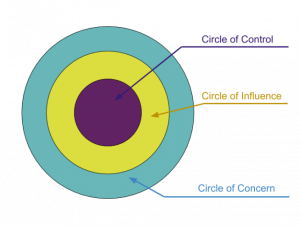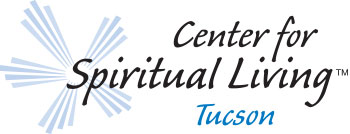What Can We Do?
I know a lot of us are frustrated and disappointed that our world isn’t returning to ‘normal’ fast enough to suit us, that people seem to be particularly grouchy, irritable and mean right now, that CSLT isn’t meeting in person (yet), that in the big wide world the supply chain seems to be screwed up and lots of things are still harder than we think they ‘should be’.
My handyman is finally able to continue working on my porch replacement, because the job he was working on got put on hold because all the kitchen cabinets he was supposed to install for another client came in damaged and will take several months to replace. This morning, in tearing out the old porch, he discovered some improperly installed electrical wiring that needs to be redone. It seems like it’s just one thing after another and we can’t even see the light at the end of the tunnel.
It’s not the events themselves that hang us up. It’s our expectations of how we think everything ought to operate.
This past Sunday, Tish Harrison-Warren wrote an opinion piece in the New York Times that was particularly rich, thoughtful and valid called, “Isn’t This Supposed To Be Over Now?” She compares her family’s experience of pandemic fatigue with a story out of the Jewish Torah — Moses leading the Israelites out of slavery in Egypt. For the Israelites, the experience was alternating blasts of euphoria (freedom!), followed by fear & despair (anxiety!), followed by rescue (joy & relief!), followed by wandering in the wilderness for ’40 years’ (bewilderment & disappointment!). It’s no wonder the Israelites grumbled and felt discontented. It’s no wonder we are, too.
Tish also wrote, “In this new phase of the pandemic, we sit poised between celebration and continued suffering. We aren’t sure how to feel. We aren’t sure when — or if — things will go back to normal. So what must we do? We grieve. We admit we are worn out. We do what we can to help (which for most of us is simply to continue to wear masks and get vaccinated). And we take up the practices of patience and perseverance amid uncertainty. Perseverance isn’t simply a ‘grin and bear it’ stoicism, much less a call to deny our frustration, disappointment or anxiety about what lies ahead.”
Tish points to a book in the Christian New Testament, that I haven’t read in many years — The Epistle of James. In crawling around the theologian and philosophical discussions about the book of James, the only thing the thought leaders seem to agree on was that this was a book of instruction about how to act in the world. Ideas like steadfastness, patience and doing-the-right- things-for-the-right-reasons figure prominently.
So, what can we do? Steven Covey formalized this familiar diagram (circles of control,  influence and concern). Most of us know of this model, few of us apply it consistently and accurately in dealing with the events and situations of our lives. What is actually ours to control? For most of us humans, our ability to control lies solely in the actions we take and decisions we personally make.
influence and concern). Most of us know of this model, few of us apply it consistently and accurately in dealing with the events and situations of our lives. What is actually ours to control? For most of us humans, our ability to control lies solely in the actions we take and decisions we personally make.
Dr Holmes wrote (The Science of Mind 266.3-267.2), “There is such a thing as demonstrating a control of conditions. We shall be able to prove this in such degree as we are successful in looking away from the conditions, which now exist, while accepting better ones. Not only must we accept this intellectually, but our acceptance must become a subjective embodiment of which the intellect furnishes but a mental image. Consequently, this Science does not promise something for nothing. It does, however, tell us that if we comply with the Law, the Law complies with us. No one can demonstrate peace and cling to unhappiness.”
How do we rearrange our lives and our minds to embody the good we imagine? By increasing our spiritual practices until we actually know the truth, not just wish and hope for it. It’s a lot of work. I’ll join you in it.
–Rev Janis




